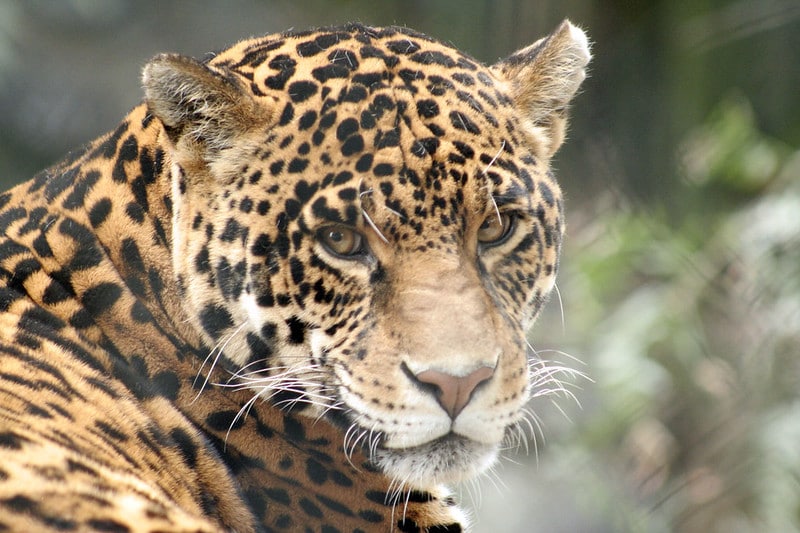70 years after the jaguar was driven to local extinction due to hunting and habitat loss, a rewilding project has seen the species return to the Iberá wetlands in Argentina. Mariua, an adult jaguar who was rescued as an orphan cub in Brazil, and her two captive-born cubs were released into Gran Iberá Park in January, the first of nine jaguars slated to repopulate the species in the 687 000 hectare protected area. Currently, only about 200 jaguars remain in Argentina, which this rewilding project is hoping to increase.
—
What is Happening?
- The release marks the first reintroduction of jaguars in a place where they have gone extinct.
- The jaguar has lost over half its historical range, leaving some populations geographically isolated and with dangerously reduced gene pools. It is an important cultural icon too: the Guarani people of northeastern Argentina value the jaguar as a symbol of strength and an essential element of the region’s identity.
Doreen Robinson, Chief of Wildlife at the United Nations Environment Programme (UNEP), says, “Carefully re-introducing predators such as jaguars can help restore ecosystems. Without these species, biodiversity suffers and the services that nature provides can break down – from disease mitigation and soil protection to water system regulation.”
You might also like: A Third of Global Freshwater Fish Populations are at Risk of Extinction- Study
- The UNEP is also working on jaguar conservation through its Wild for Life campaign, which raises awareness of the illegal trade in wildlife and works with countries and local communities to protect endangered species.
- In 2018, the United Nations Development Programme, World Wildlife Fund, Wildlife Conservation Society, and Panthera – and 14 jaguar range states, including Argentina, launched the 2030 Jaguar Conservation Roadmap for the Americas, aimed at enabling transboundary, collaborative work at the continental scale.
- Jaguars have also now been included in the Convention on the Conservation of Migratory Species of Wild Animals, also known as the Bonn Convention.
- Bringing back top predators such as the jaguar and the giant river otter, and seed bearers like peccaries and macaws is helping the Iberá wetlands recover from hunting and decades of cattle grazing and monoculture plantations.
Kristine Tompkins, president of Tompkins Conservation and a UNEP Patron of Protected Areas, says, “We congratulate the government of Argentina, Argentina’s National Parks and the Province of Corrientes for their commitment to rewilding jaguars, an iconic species. As we start the UN Decade on Ecosystem Restoration 2021-2030, it’s time to recognise the central role that rewilding can play in restoring climate stability and planetary health.”
Featured image by: Flickr

















